Coming this August is a new documentary centered on mezcal called Sons of Mezcal. Directed and produced by Stephan Werk, it follows the Cortés family who have been producing mezcal in Oaxaca for six generations. Casa Cortés is known for their El Jolgorio and Nuestra Soledad brands here in the United States (you can read our profile on Asis Cortés here, and other stories here.)
Werk met the Cortés family on a scouting trip to Oaxaca in 2017. He returned to Oaxaca in 2018 with a small film crew and shot the documentary over 35 days, walking away with more than 100 hours of footage. The initial idea of the film was to use the process of mezcal production as the vehicle to guide the story from point A to B and immerse people into the everyday life of mezcaleros. Needless to say, things changed and the film is a very intimate portrait of a mezcal producing family, with Don José Cortés as the central figure guiding viewers through the documentary in his native language, Zapotec. The Zapotec coupled with an original soundtrack scored in Mexico City by composer Eduardo V.C, was driven by an instrument made from a hollowed out quiote gourd. The unique combination creates a film that elevates the indigenous story of mezcal in a manner we have not yet seen on screen.
I had a chance to speak with Stephan Werk about the film.
Mezcalistas: Why did you decide to do a film about mezcal?
Werk: “In 2013, while I was working in the wine and spirits industry in New York City, I attended my first real mezcal tasting at the small wine shop I worked at in Tribeca; and it was there that I saw a photograph of Tío Pedro Vásquez on horseback in the fields of Lachiguí. At that moment, I had a copita of Arroqueno, looking at Tío Pedro, that I told myself, one day I am going to go there, and hopefully learn more about him, his family, and mezcal– and film him on horseback! Over the course of the next 4 years, I couldn’t get the idea out of my head, which led to setting Sons of Mezcal in motion. Aside from the epiphany I had at the wine shop, at the time, as an aspiring photographer, storyteller and video editor, I noticed that there weren’t any high production value films or even videos about mezcal that really showed the families and landscape well. With a prominent documentary background in film school, admiring the technique of cinéma vérité to capture stories as fly on the wall experience, I had the urge to create something about mezcal. With the encouragement of my colleagues and family, I set off on this journey, one of the best decisions of my life. The friendships, experiences, and memories are already enough of a reward to me, but I can’t wait to share it to the public. My intention to make this film was never to shed light on specific social issues, political conflicts or to try to portray a biased viewpoint proving some major point, my goal has always been to show a slice of tradition, culture and family, using the production process of mezcal as the catalyst to show the generational passing of knowledge, while we move from one location to the next.”
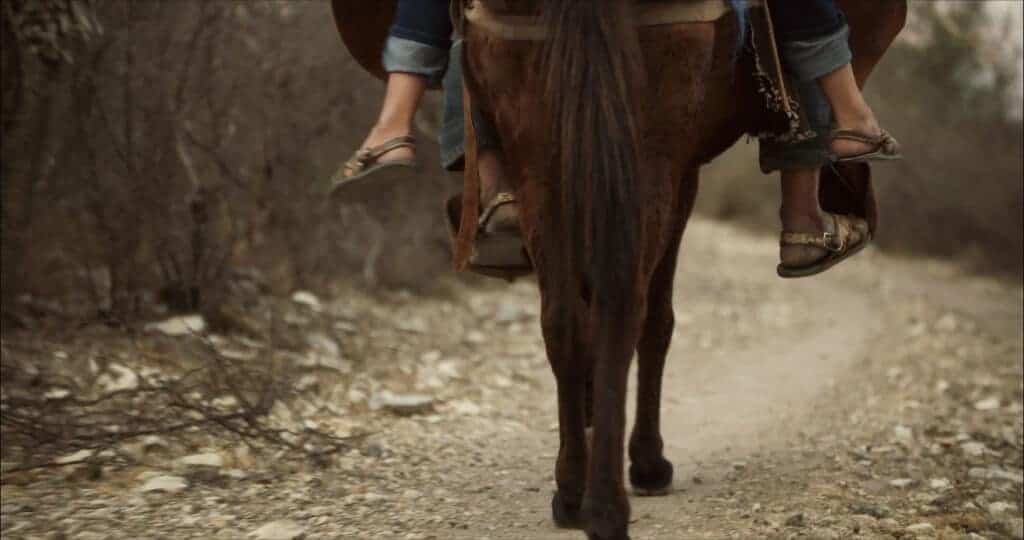
Mezcalistas: What was the most poignant moment for you in making the film?
Werk: “Overall, the entire experience making the film had a strong effect on not only myself, but the entire crew. There are certainly several moments that stand out more than others.
Generally speaking, what moved or touched me is how each family took us in as if we were their own family. For example, many of the families offered the crew their own beds even when we kindly refused (most of the time we pitched tents at palenques and unfinished rooftops). The families insisted they feed us as we shared most meals together; everyone truly opened their arms and hearts up to the crew which was remarkable, pulling us into their lives as if we were one of their own. The hospitality doesn’t compare to any other experience in my life.
Before we actually started filming, myself and Cinematographer Jackson Eagan set off for Santiago Matatlán to have a sit down with everyone in the immediate Cortés family. Don José Cortés, Crispina Hernández Romero, Rolando Cortés and his wife, Dianna Cortés (and children), Gregorio Martinez and his wife Epi Cortés (and children), Asis Cortés and Valentín Cortés, and Monica Cortés. With a full room, the goal was to make sure everyone felt comfortable and explain the reason we were making Sons of Mezcal. Jackson Eagan did a wonderful job translating my/our innermost feelings from English to Spanish, then translating back with their questions and comments.
This moment for me was the start of a very powerful and strong relationship with the family as I explained our intentions were to portray the family as they are, positively and without bias. Through this moment, I shared with everyone that if they held back their emotions and stopped being who they truly are, we should all go home simply because with documentary, our goal is not to show people differently, we want to capture their true personalities and character. After some wonderful conversations, the Cortés family banded together to share with me, they trusted us and would let us into their everyday lives. This was a powerful moment for me as I carried and still do, the highest level of pride, honor and responsibility to make sure everyone and everything is represented authentically and honestly.”
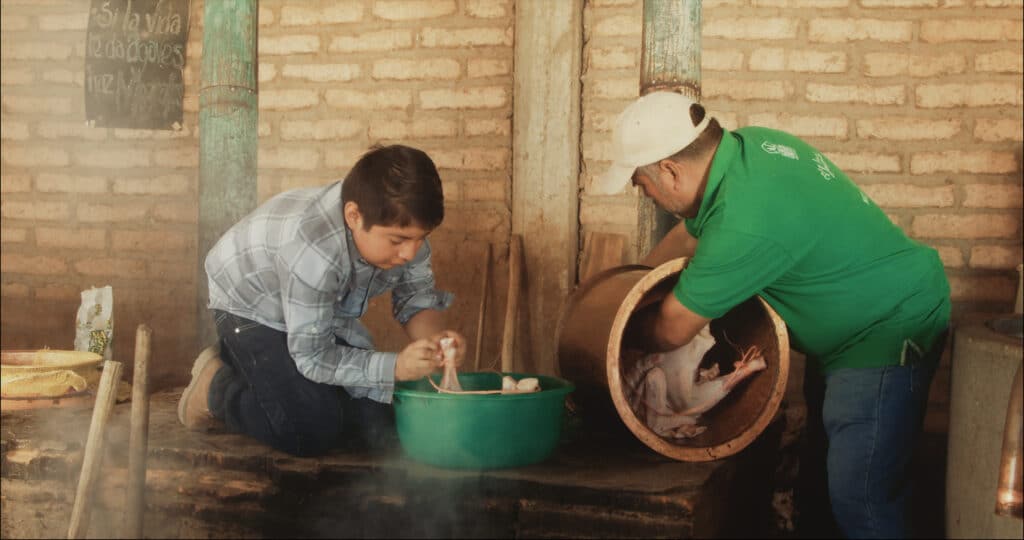
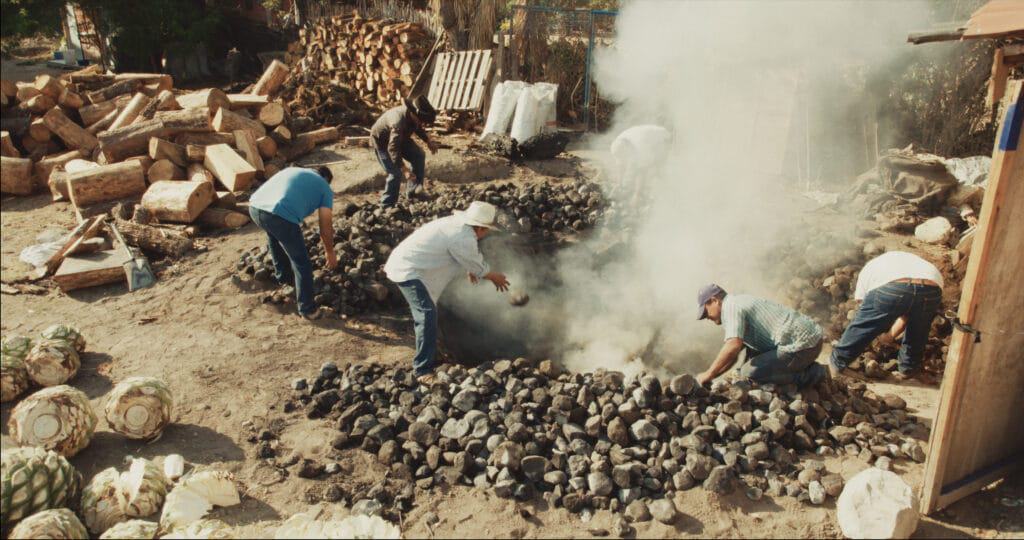
Mezcalistas: Given the film took three years to make, and the age of some of the family members, did you give any thought to what would happen if anyone passed?
Werk: “November 9th, 2019, I got news from Oaxaca that Don José’s Wife, Doña Crispina, had passed away. The months and year leading up to this, I had known that her health had been up and down, but this came out of left field for everyone in the family. I felt like this was my own Grandmother and that I had lost someone in my own family. Doña Crispina was such a center point for the whole family, always surrounded by family as she brought people together. It was very hard to continue working on the film, and indeed took some time off from the edit. I was very sad that I wouldn’t have the opportunity to see her again and watch Sons of Mezcal together, showing her this incredible piece of living family history that we were able to capture.
I knew going into it that the possibility of losing people was always in the cards because that is simply life. We are extremely thankful we were able to get to know her, but capture her personality in the film, something that is a piece of history that can never be replicated again. There is a major scene in the film that includes the Cortés family making a pechuga for Easter Sunday. In this scene, Doña Crispina talks about death as they all share some pechuga together. To me, this scene carries a lot of weight knowing she is no longer with us, but feel so proud that this family moment is documented for the future generations to experience.
Like so many other strong moments during production and post production, the loss of Don Rafael Méndez was another unexpected sad moment . I remember getting a message on my WhatsApp from the Cortés family that Don Rafa had suddenly passed away. Don Rafa was a huge personality, talented mezcalero and a genuine family man. Don Rafa was the first mezcalero I met while on our location scout back in February 2018, and from the beginning, took us in as if I was one of his own kids. Honestly it really hurts knowing that I won’t have the opportunity to share Sons of Mezcal with him but I know when I have a mezcal in hand, his spirit will always be present. It is with great honor that I had the opportunity to get to know him, as I am extremely proud to continue sharing his legacy and stories. I look forward to the moment I can return to see his family and share that moment.”
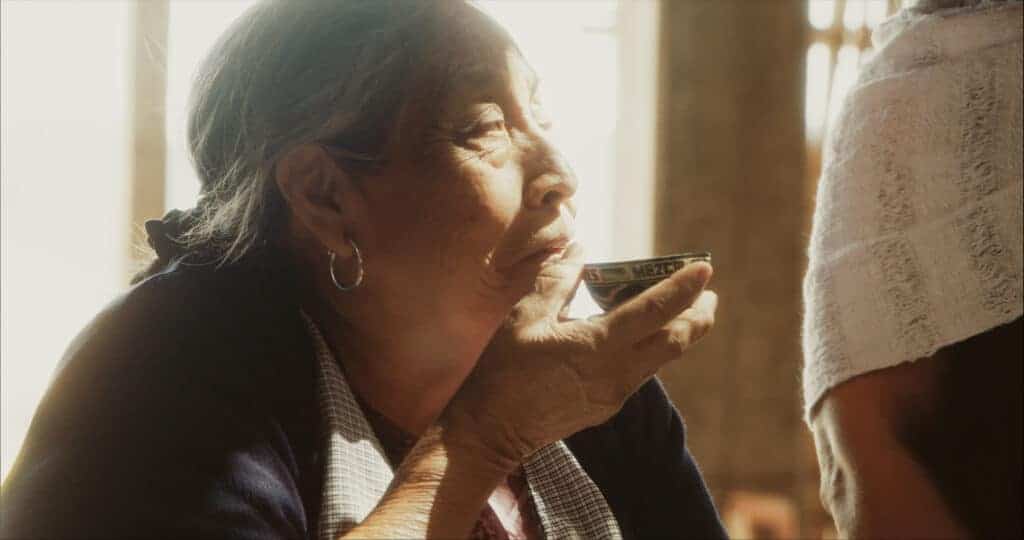
Mezcalistas: Can you talk a little about the narration of the film?
Werk: “After our first production in March 2018 was successful, myself and soundman Adam Soltis travelled back to Oaxaca in February 2019 to record the final narration with Don José Cortés. Between 2018 and 2019, I had time to think, reflect on the footage, story and experience, and come up with the type of questions and story I was curious to hear about from Don Jose, unscripted. At the end of our narration session, Rolando Cortés and Monica Cortés happily cried their eyes out, along with myself and soundman Adam Soltis. Rolando explained to us, when his father gave his closing thoughts to the microphone, all he could think about was the day when Don José is no longer with us. Rolando told us that he would never forget these final words, sentiments that can be experienced in the end narration of Sons of Mezcal. It’s hard to explain the feeling that came over me, but rather than feel sad, Rolando and Monica felt so incredibly proud and honored of what we were doing. For me, creating this documentary is greater than just sharing it with audiences, it’s something that the Cortés family and all the families involved can pass down and show their children and their children, a piece of family history and tradition.
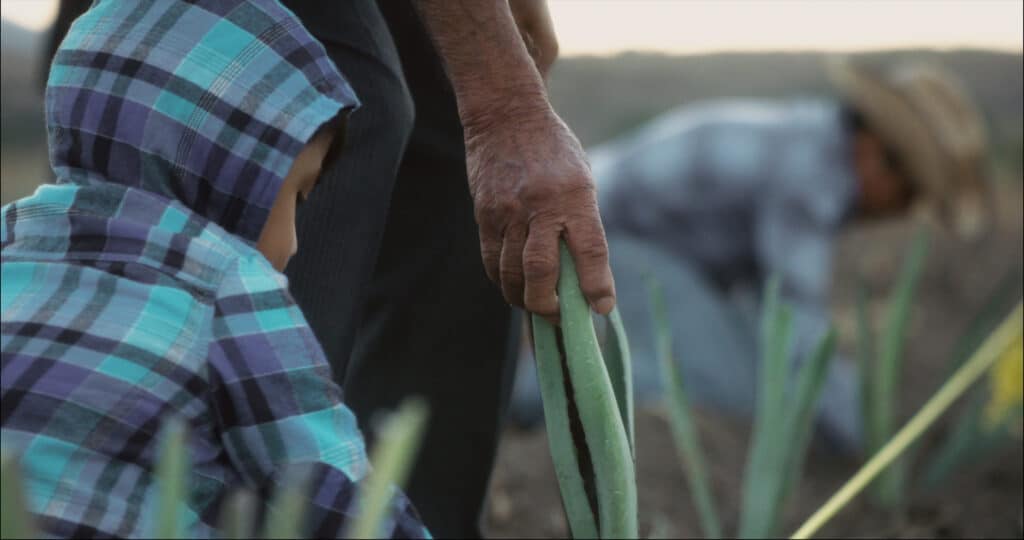
Mezcalistas: Do you have any plans to do anything with footage you didn’t use – ie, short web series, etc
Werk: “Great question. To be honest, most of what we shot in terms of major scenes, made the film. Having shot 75+ hours of total footage, of course there is a lot that didn’t make the 77 minute edit. I would love the opportunity to re-purpose footage down the line but because the entire crew including myself and the main editor Danny Doran did not get paid for anything, it’s hard for me to plan what’s next without any budget. The hard reality is having good people is pricey and this project would have never been doable if the 20+ crew members hadn’t donated their time and skill at no cost. Everyone believed in me and the project we set out to make.”
Be sure to check out www.sonsofmezcal.com to learn more about the film and to stay up to date on when it might be coming to a theater near you.

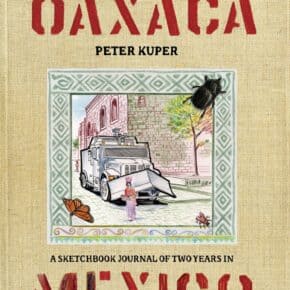
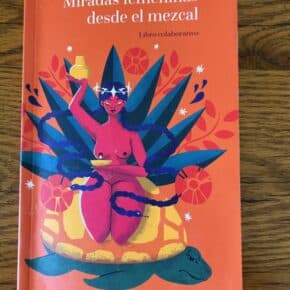

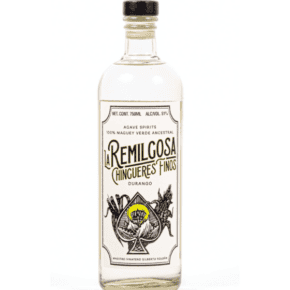




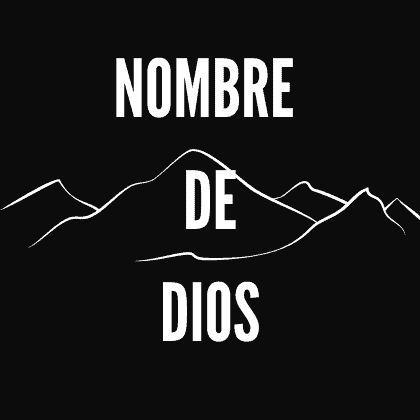



Leave a Comment